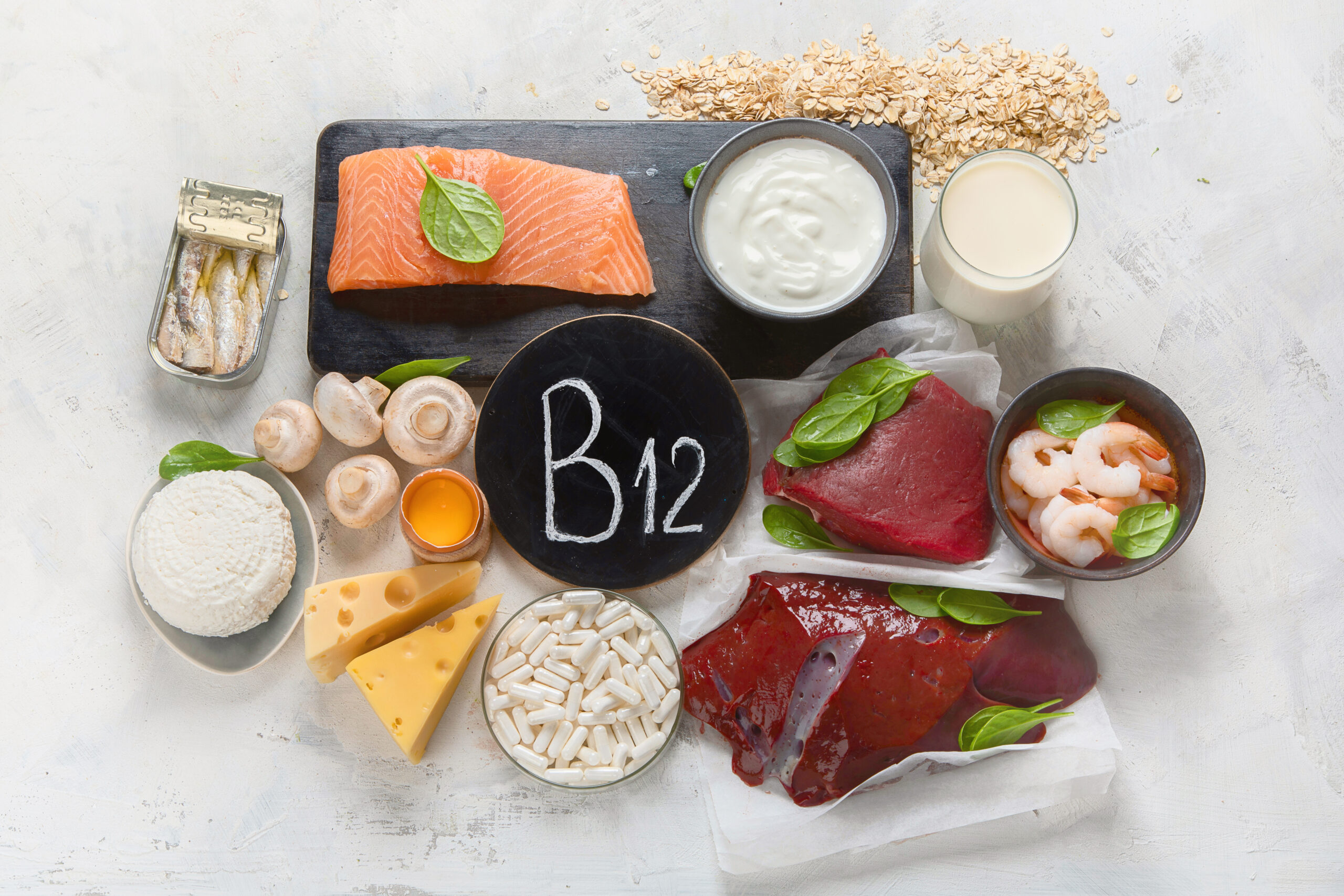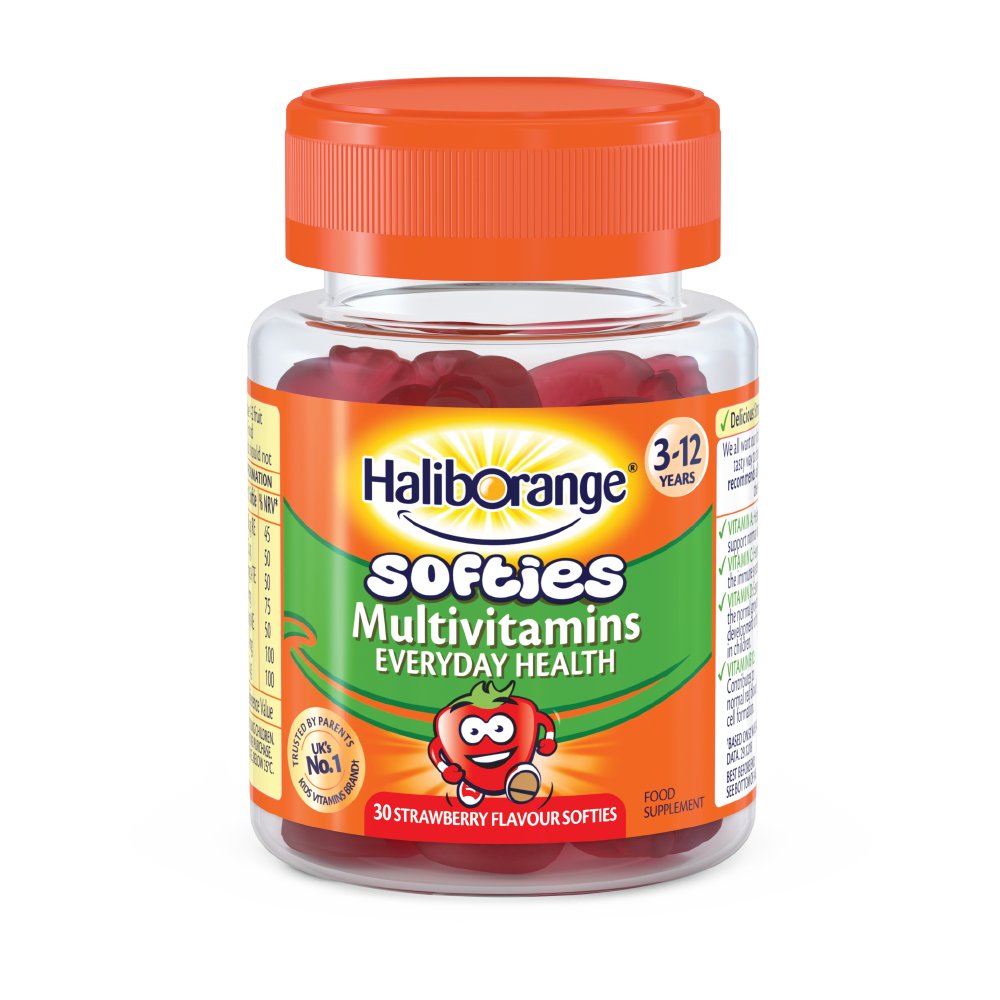
The Importance of Children’s Vitamin B12
Vitamin B12 is important for central nervous system function, forming red blood cells and turning the food that you eat into energy. We also need vitamin B12 to form DNA(1) and RNA so that we can make new cells and grow, and for the normal function of the immune system(2).
Where do we get B12 from?
Vitamin B12 is available mainly in animal foods. It is also added to some fortified foods such as cereals. Children on vegan and vegetarian diets should be aware that they may be getting too little vitamin B12 from their diets. Dairy products along with eggs are the only vegetarian food items that contain significant levels of B12, whereas vegan children will have to consume foods fortified with B12 (including some plant milks, some soy products and some breakfast cereals), or take a vitamin B12 supplement.
Although the best food sources of vitamin B12 are clams and beef liver, other sources include fish, meat, poultry, shellfish, eggs, milk and dairy.
How much vitamin B12 should my child be getting?
The average recommended amounts, measured in micrograms (mcg), vary by age: (3)
- Babies up to age 6 months: 0.4 mcg
- Babies age 7-12 months: 0.5 mcg
- Children age 1-3 years: 0.9 mcg
- Children age 4-8 years: 1.2 mcg
- Children age 9-13 years: 1.8 mcg
- Teenagers age 14-18: 2.4 mcg
Haliborange Multivitamin Softies contain 2.5 mcg of vitamin B12.
Vitamin B12 deficiency in children
A vitamin B12 deficiency in children will often present itself with non-specific symptoms such as developmental delays, irritability, lack of appetite, anaemia and weakness. A doctor can test the vitamin B12 status of a person via a blood test. Vitamin B12 deficiencies can be due to lack of the vitamin in the diet or that the vitamin is not being properly absorbed.
How is vitamin B12 absorbed?
Whilst many people consume the recommended daily allowance, malabsorption of vitamin B12 may cause a deficiency. Before your body can absorb the vitamin B12 you get from food, it must be separated from its attached protein. This happens in your stomach and depends on stomach acid and digestive enzymes that work in your stomach.
Vitamins for Growth
Vitamins in general play an essential part in the healthy development of a child and growth depends on a steady supply of all the vitamins. One study concluded that poor vitamin B12 status contributes to poor growth(4).
If you are looking for a children’s vitamin B12 supplement try Haliborange Multivitamin Softies for kids 3-12 years
-


Multivitamins Softies x30
3-12 YEARS
Strawberry Flavour
